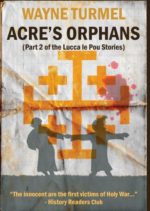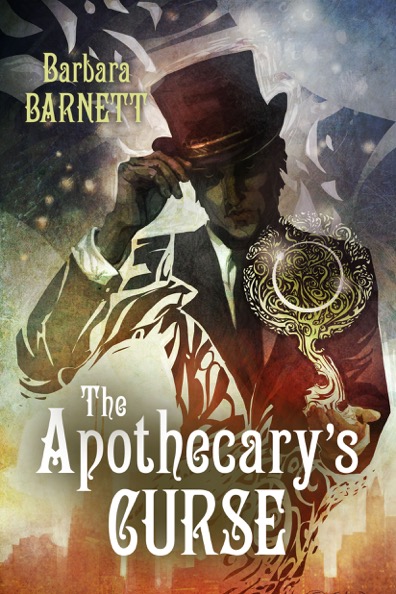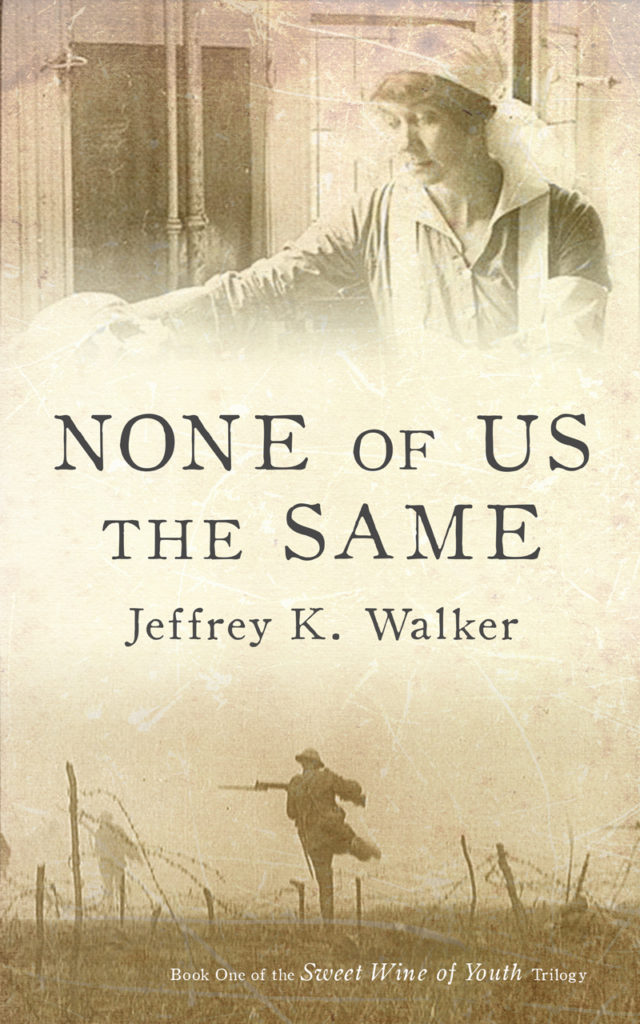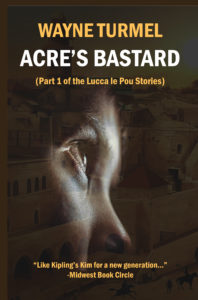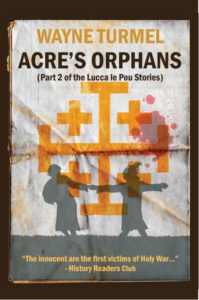I love historical fiction that plays inside other genres, and today’s interview with Jennifer Ash is a good example of that. It’s also encouraging to know that people can write
Alright, lady. What’s the Jennifer Ash story?
With a background in history and archaeology, I should be sat in a dusty university library translating Medieval Latin criminal records, and writing research documents that hardly anyone would want to read. Instead, I’m tucked away in the SouthWest of England, writing stories of medieval crime, steeped in mystery, with a side-order of romance. Influenced by a lifelong love of Robin Hood and medieval ballad literature, I’ve written TheOutlaw’s Ransom (Book One of TheFolville Chronicles), The Winter Outlaw (Book Two of The Folville Chronicles) and Edward’sOutlaw (Book Three of The FolvilleChronicles). In addition, I”m also an audio script writer for ITV’s hit television show, Robin of Sherwood. Quiet as it’s kept, I also write contemporary fiction as Jenny Kane.
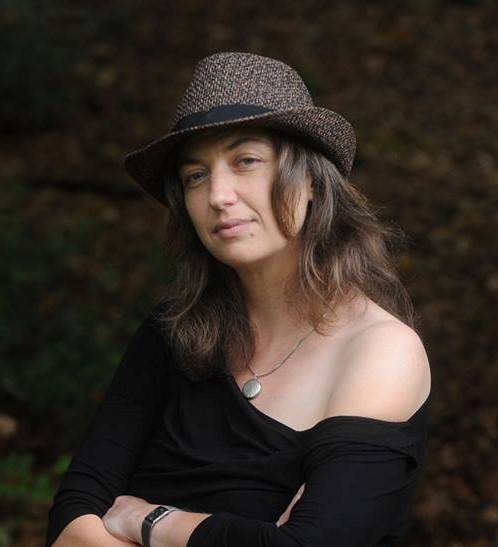
So what’s this third installment about?
Edward’s
Sounds like fun! What got you all fired up about this time period?
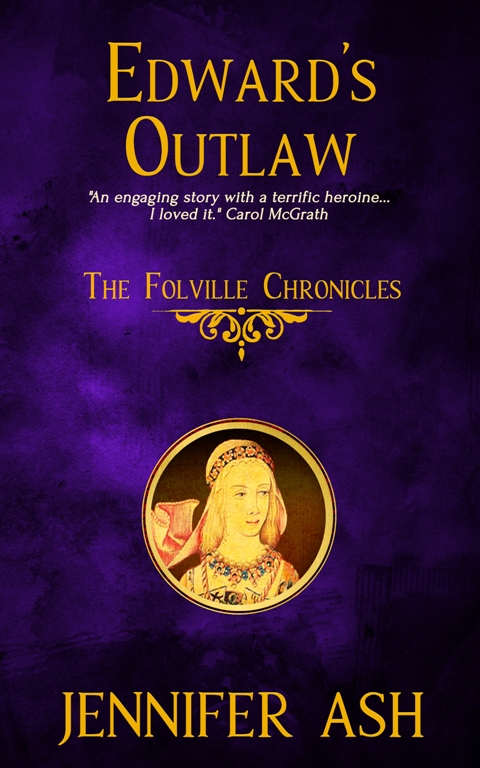
I’ve been fascinated with the early fourteenth century since I was fourteen, when I fell in love with the legends of Robin Hood. I read everything I could on the subject and the history that surrounds it. It soon became clear to me that if there had been a Robin Hood, he would have been around during the rule of one of the King Edward’s – probably Edward II or III (or both). While at university, I completed a PhD on the subject of medieval crime and ballad literature. During the course of my research I came across the Folville family and was immediately fascinated by them. They were a noble family of seven brothers who took crime as their way of life. If you compare their crimes to those recorded in the earliest Robin Hood literature, there are many overlaps. I began to wonder if the brothers, from Ashby Folville in Leicestershire, were the inspiration behind the original ballads- or were they inspired by those ballads themselves?
In The Folville
I know this is completely unfair, but it’s my blog and I can jolly well ask what I want. What’s your favorite scene in the book?
I love the Fire Room scenes. This is the location at the heart of the mystery. A turret room in Rockingham Castle; it is surrounded by phoenix-covered tapestries which intrigue Mathilda- and with good reason.
Where can people learn more about your work… in all genres?
All of Jennifer and Jenny Kane’s news can be found at www.jennykane.co.uk
My Twitter accounts are @JenAshHistory@JennyKaneAuthor
Jennifer Ash https://www.facebook.com/jenniferashhistorical/
Jenny Kane https://www.facebook.com/profile.php?id=100011235488766Amazon https://www.amazon.co.uk/Jennifer-Ash/e/B01MDOGGJ6/ref=dp_byline_cont_ebooks_1
Watch for Acre’s Orphans, coming January 21, 2019
“… a splendid adventure laced with new perils at every turn…” Barbara Barnett, Stoker award-winning author
